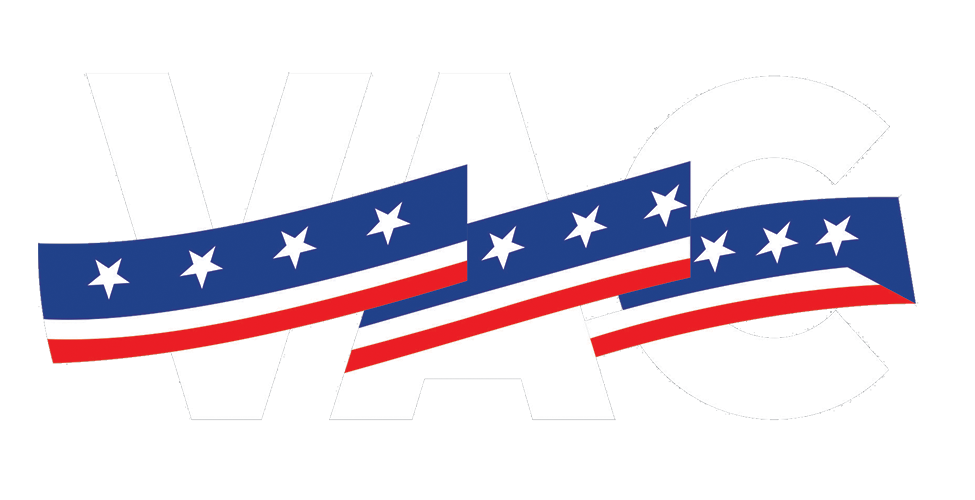By LINDA F. HERSEY
Source: STARS AND STRIPES (Link to original article)
August 8, 2024
WASHINGTON — Veterans whose monthly disability checks from the Department of Veterans Affairs disqualified them from receiving federal housing subsidies based on income restrictions will become eligible for the rental assistance under a rule change announced Thursday.
Changes to the Veteran Affairs Supportive Housing program — jointly run by the VA and the Department of Housing and Urban Development — will provide the rental vouchers to homeless veterans previously denied the subsidy because their monthly disability checks exceeded income limits, according to the VA.
“For a very small percentage of homeless veterans, the amount of VA service-connected benefits received due to the severity of their disabilities results in the veteran being over the low-income limit,” Terrence Hayes, the VA press secretary, said Thursday.
A veteran with a 100% disability rating who has a spouse and child as dependents receives approximately $49,000 in disability compensation annually, according to the VA. Under the rule change, disability payments will not be counted against veterans applying for “permanent supportive housing” based on income restrictions through the HUD-VASH program.
To qualify for rental assistance, annual household income cannot exceed caps determined by HUD that vary based on family size and region of the country.
Eligibility restrictions for veterans will be set at 80% of area median income rather than the current 50% of area median income, HUD said.
“The use of this higher initial income eligibility threshold is currently optional, but HUD is now making this increase mandatory,” according to the agency. For example, 80% of the area median income for Los Angeles is $77,700 for a one-person household in 2024, while it is $46,800 in Jackson, Miss.
In addition, HUD will send $20 million to 245 public housing agencies to help disabled veterans with security deposits on apartments, recruit more landlords to participate in the voucher program and provide mediation services for tenant-landlord disputes.
There are approximately 84,000 veterans assisted by HUD-VASH and another 1,700 veterans with vouchers are in search of rental housing, according to HUD.
The vouchers can be used for apartments on the private market, as well as public housing for low-income tenants, HUD said.
A trial is underway this week in the U.S. District Court in the Central District of California over the VA’s pace in developing low-income housing for disabled veterans on a 388-acre campus in west Los Angeles.
The new policy also comes on the heels of a federal court ruling in California that the VA discriminated against homeless veterans by disqualifying them for subsidized housing based on disability income. Veterans with more severe disabilities receive higher benefits.
Attorneys representing homeless veterans said Judge David Carter’s ruling in the case led to the rule change. “It took a lawsuit from unhoused veterans with disabilities and a ruling by a federal judge declaring HUD’s policy unlawful and discriminatory to get the Department of Housing and Urban Development to announce a major policy change that will alter the way it counts veterans disability payments when assessing eligibility for affordable housing,” said Mark Rosenbaum, an attorney with Public Counsel, a nonprofit law firm representing the homeless veterans.
By counting disability payments as income, HUD and the VA had prevented the most disabled veterans with the greatest need from qualifying for low-income housing, according to Public Counsel.
However, a veteran’s total income — including monthly VA disability compensation — will be considered when a tenant’s monthly rent payments are determined based on a sliding-fee scale, according to the VA.
Under the voucher assistance program, a tenant pays at least 30% of his or her adjusted family income for an apartment, with HUD covering the difference.
Veterans who qualify for the HUD-VASH program are given a minimum of four months, or 120 days, to find an apartment after being accepted into the program.
The “permanent supportive housing” that disabled veterans qualify for in the program refers to the monthly rental assistance plus case management services that connect them with other benefits, including health care and help with basic expenses, including groceries and utilities.
The assistance is designed to ensure disabled veterans can sustain their housing and live independently, according to the VA.
“An eligible family issued a HUD-VASH voucher must receive required case management services provided by the partnering VA medical facility,” the VA said.
Read more at: https://www.stripes.com/veterans/2024-08-08/veterans-disability-rental-assistance-14796974.html
Source – Stars and Stripes



